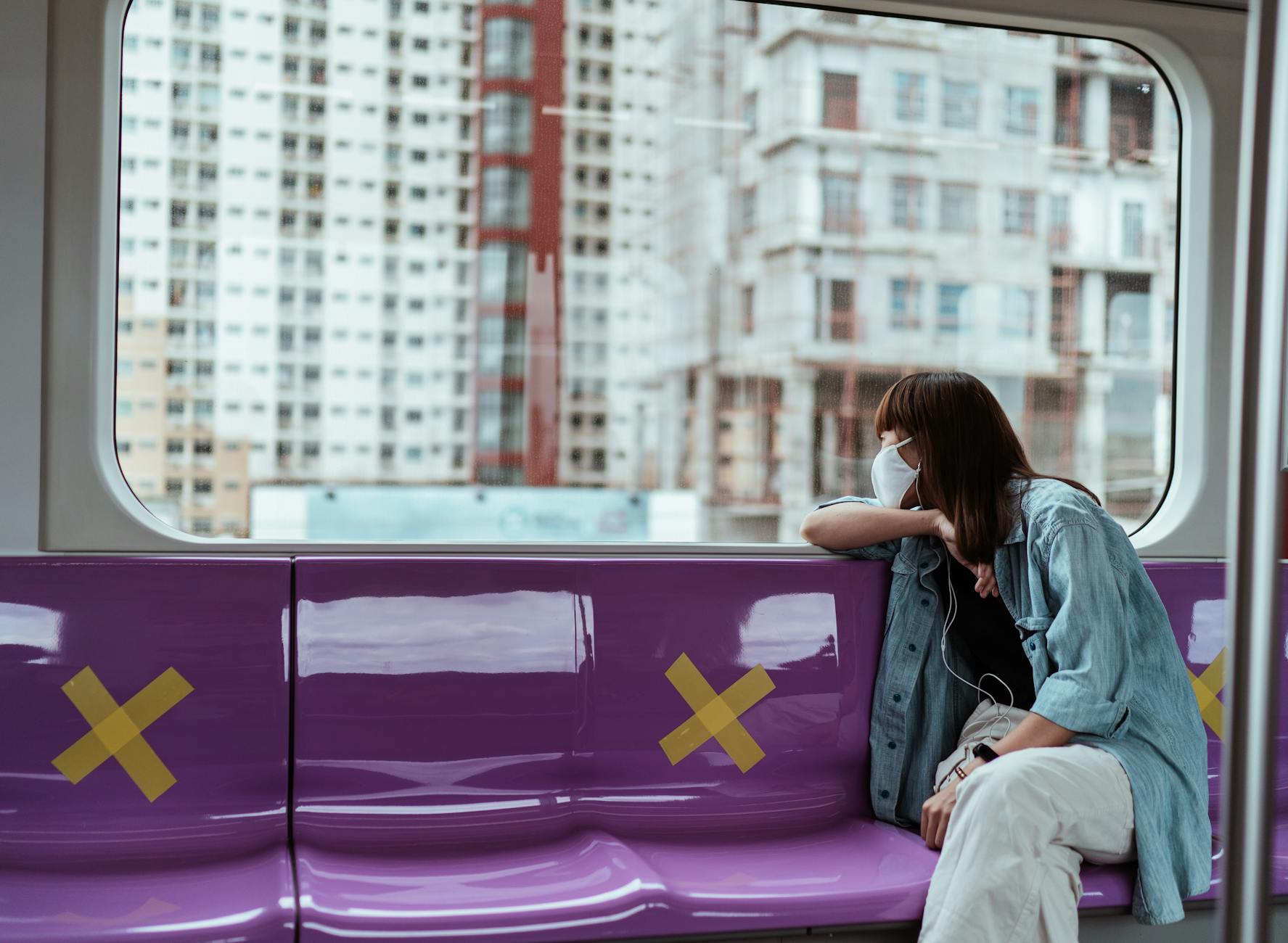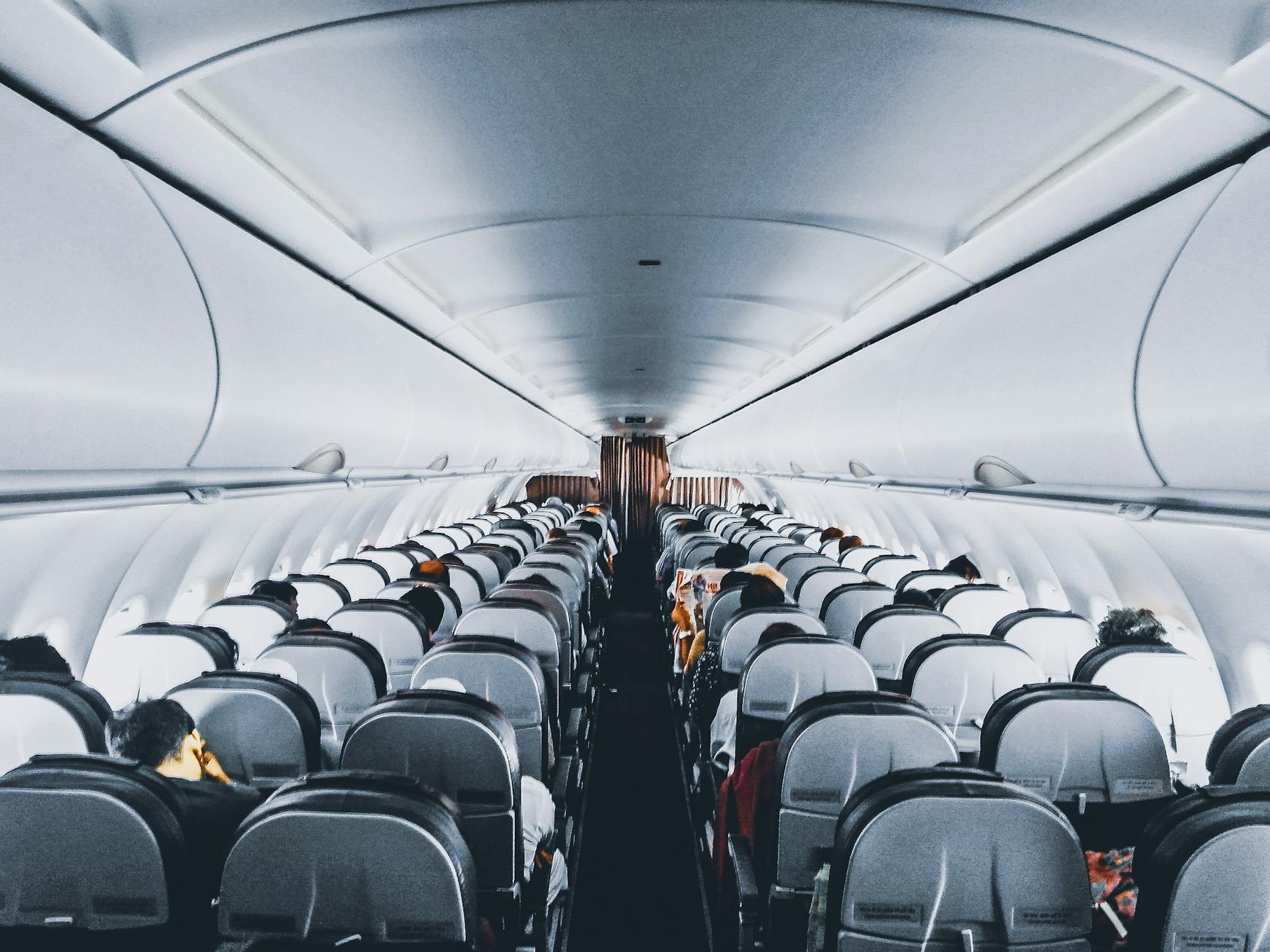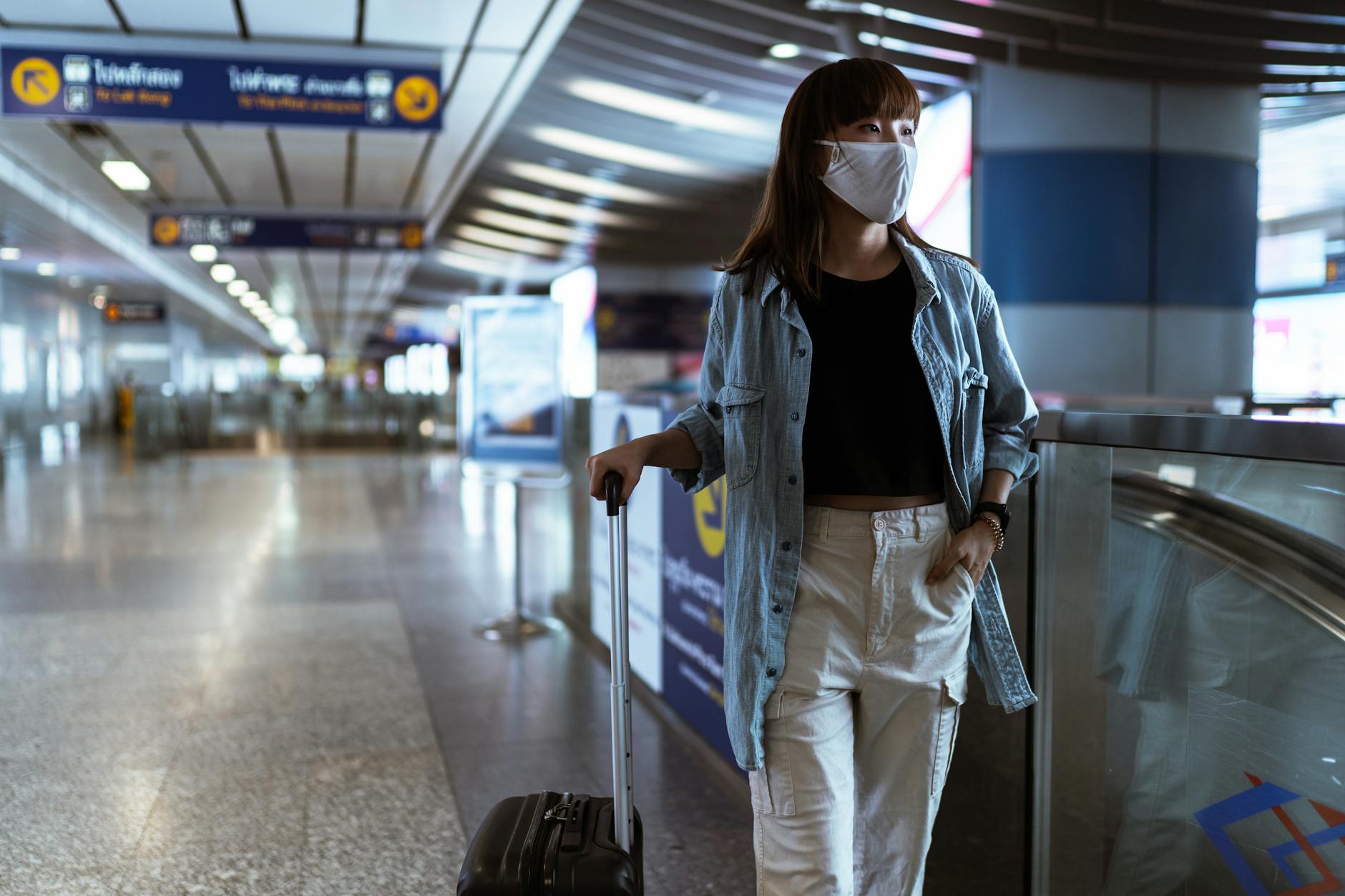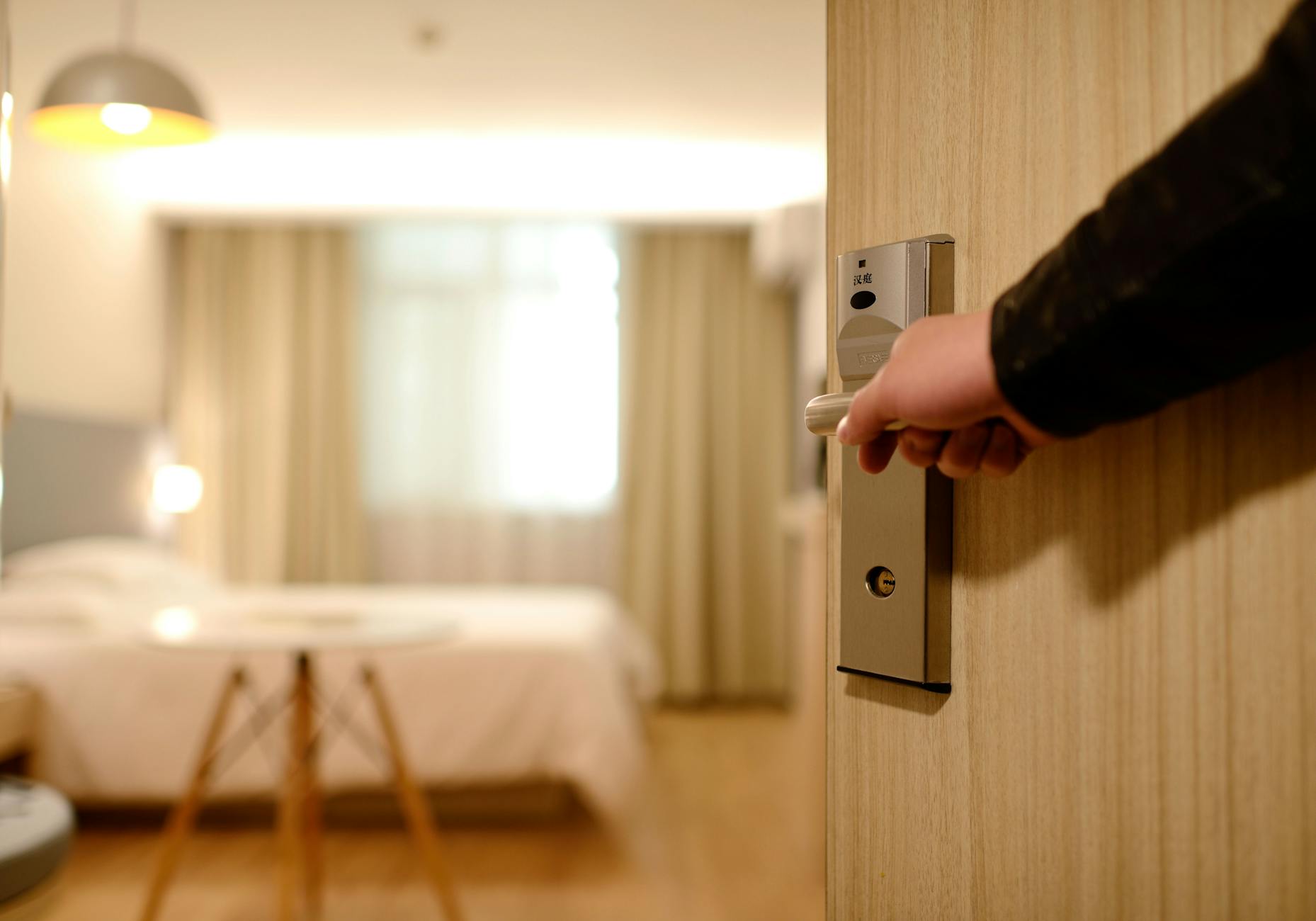Table of Contents
The COVID-19 pandemic is causing a global economic slowdown, with the travel and hospitality industry taking most of the beating. The air, land, and sea travel are suspended. Hotels all over the world are vacant. Travel agencies are suffering greatly.
But one thing’s for sure: We will travel again.
Once the world begins to reopen, we can finally step out of our homes, explore, and satisfy our wanderlust. The traveling experience might look and feel different, but that won’t keep people from reaping the positive impact of travel in their lives.
How will the impact of COVID-19 change the way we travel in the future? Here are what experts in aviation, hospitality, finance, and even epidemiology have to say.
Read : Travel Safety Will Become Essential After Coronavirus: Is It So!
1. Travelers are going to be more health-conscious

After COVID-19, health is the primary focus of travelers. Their travel choices, including the destinations they’re going to visit and the hotel they’re booking, will be based on health concerns.
Travelers will be checking online whether or not their target destination is an active hot zone, or if their hotel has health and safety protocols to protect their guests. Face masks, disinfectants, vitamins, and other personal protective equipment are going to be luggage staples.
2. Travelers will look for flexibility
Yes, we always say that the “future is uncertain” but the COVID-19 outbreak made us learn this lesson the hard way. Given the fast nature of the crisis, travelers will likely stick with hotels, airlines, and travel agencies that provide them with flexibility in making and changing their plans. These include relaxed policies regarding cancellations, rebooking, and refunding.
Read : How Hard Will The Coronavirus Hit The Travel Industry
3. Social distancing will be the new norm

And face masks will be a staple in our travel OOTDs.
While people are eager to travel, they still want to keep at least a 3-meter distance from others. Airlines, cruises, buses, and other public transport services will continue implementing social distancing protocols. They may take certain measures including blocking middle seats, limiting the number of passengers, and placing markers in queues.
The same goes for hotel accommodation. Big brands have already set new standards regarding cleanliness, hygiene, and contactless interactions. Health and safety measures include new sanitary protocols, contactless payments, food deliveries, and new ways of checking in and out.
4. Travelers will crave space
Let’s be honest: this pandemic has turned each one of us into germaphobes. Even after getting go signals from the health departments, travelers still won’t want to touch anything or interact with strangers.
People will want to avoid traveling in seasons and places where a massive flock of tourists is expected. Even museums, parks, and other tourist destinations are taking measures to avoid overcrowding.
5. Expect slow returns of air travel

Air travel will return gradually over the course of months, if not years since people will likely prefer traveling locally.
According to aviation expert Henry Harteveldt of Atmosphere Research Group, we should expect airlines to begin with flights out of their most important hubs and cities where public health conditions are best and demand is strongest.
Since the number of airlines, as well as the frequency of their operations, were reduced, passengers will have fewer options.
6. There’ll be strict health measures on airports and airlines

We can expect the aviation industry to ramp up its health and safety measures. There’ll be strict health screenings at airports. Airlines may require proof of good health before allowing passengers onboard. We may see flight attendants wearing masks and gloves on flights.
Zone boarding will be more strictly enforced. Currently, some airlines have blocked off middle seats and put passengers in every other row.
7. Domestic travels > international travels
According to travel experts, domestic travel will recover quicker than international travel. Since we’re still recovering from travel bans, mandatory quarantines, health warnings, and multiple restrictions, people will likely want to travel somewhere close to home for a while. Plus, sticking to local destinations is a practical choice for travelers whose wages have been jeopardized due to the economic impact.
8. Travelers will prefer hotels over Airbnbs

According to Robert Cole, a senior research analyst specializing in lodging and leisure travel for Phocuswright, travelers will likely consider staying in someone else’s residence to be riskier than a hotel.
Hotels are vocal about their cleaning standards, social distancing measures, and dedication to ensuring the safety and security of their guests. Some hotels even brag about the actions they’ve taken to support the healthcare providers and the local community.
With this, it might be difficult for Airbnb and other short-term rental groups to enforce these standards across thousands of independent hosts.
9. Travel agencies will have a comeback
In recent years, travelers tend to book their own travels online instead of hiring travel agents. But given the difficulties, some travelers encountered getting home, a majority of future travelers will likely turn to agents for trip-planning purposes. They would want security if and when things go wrong.




